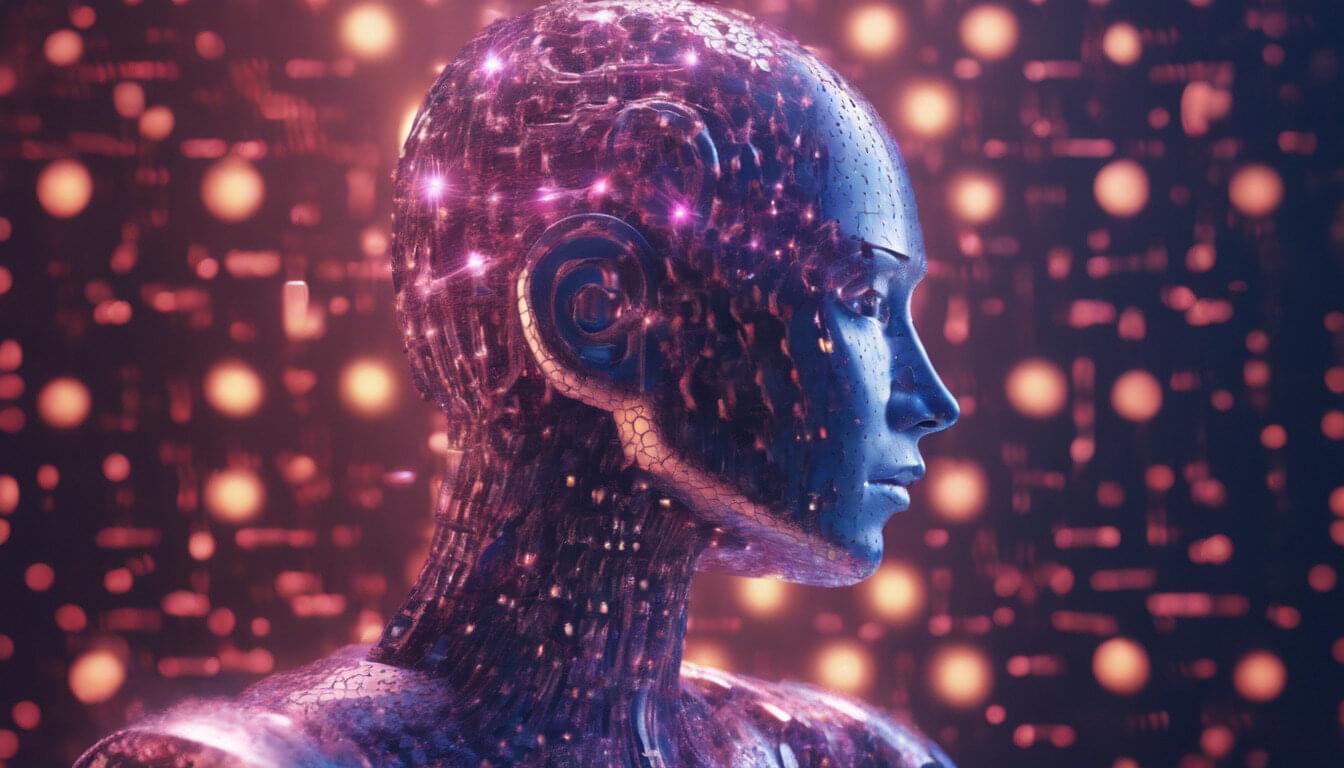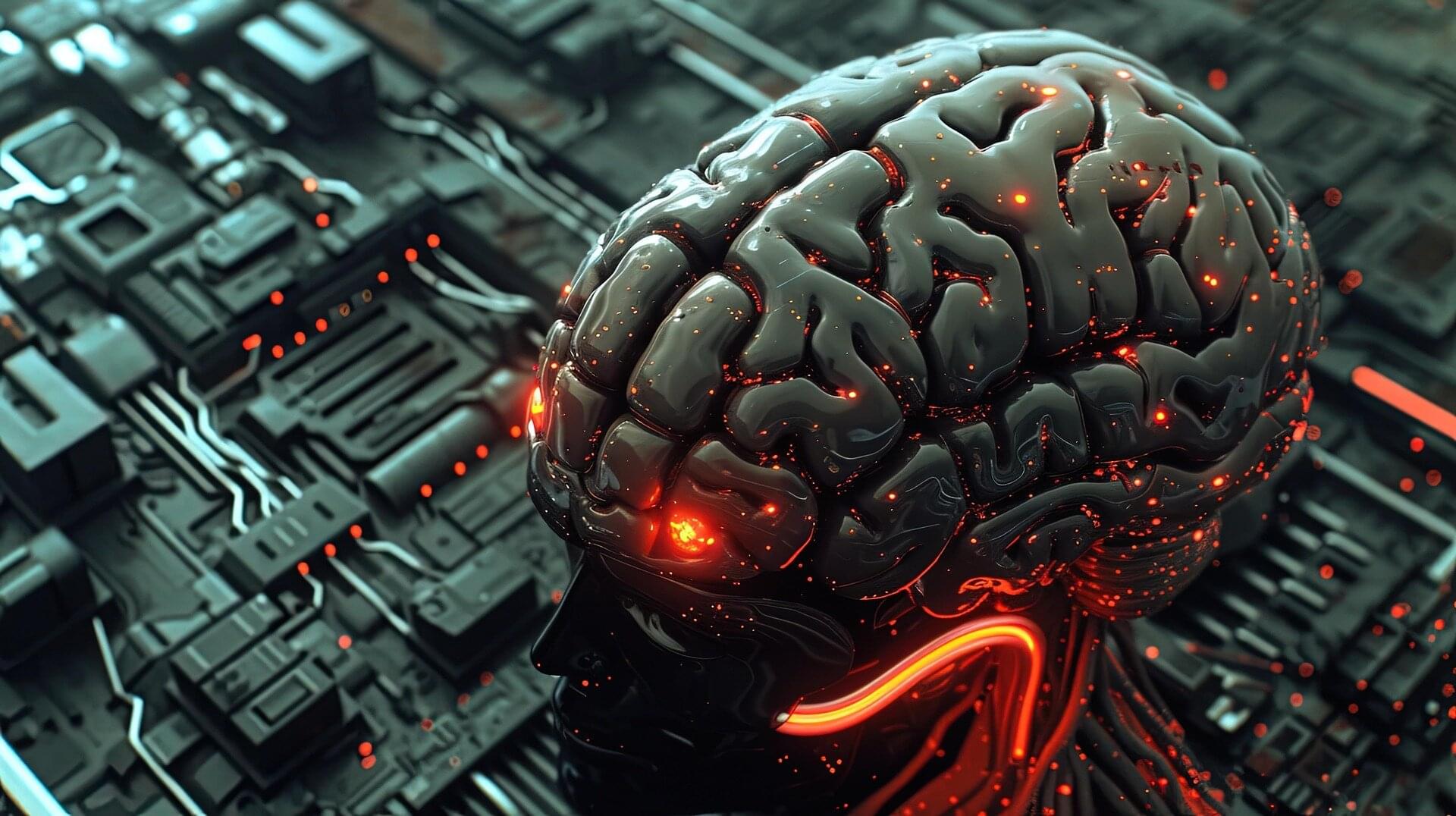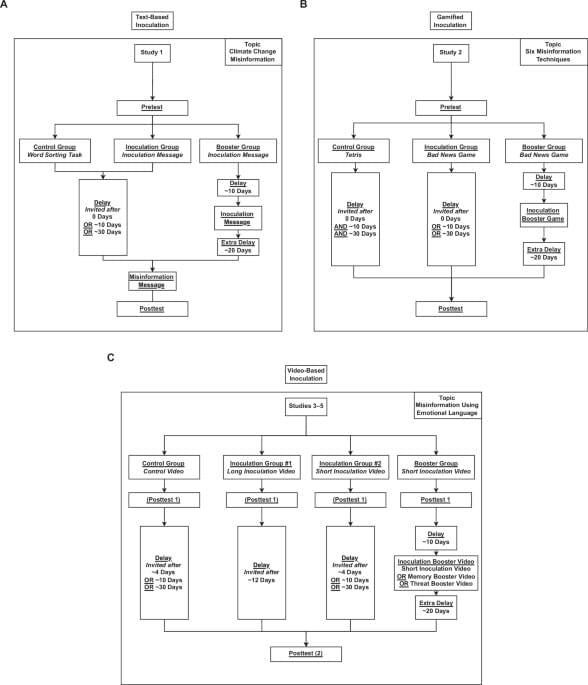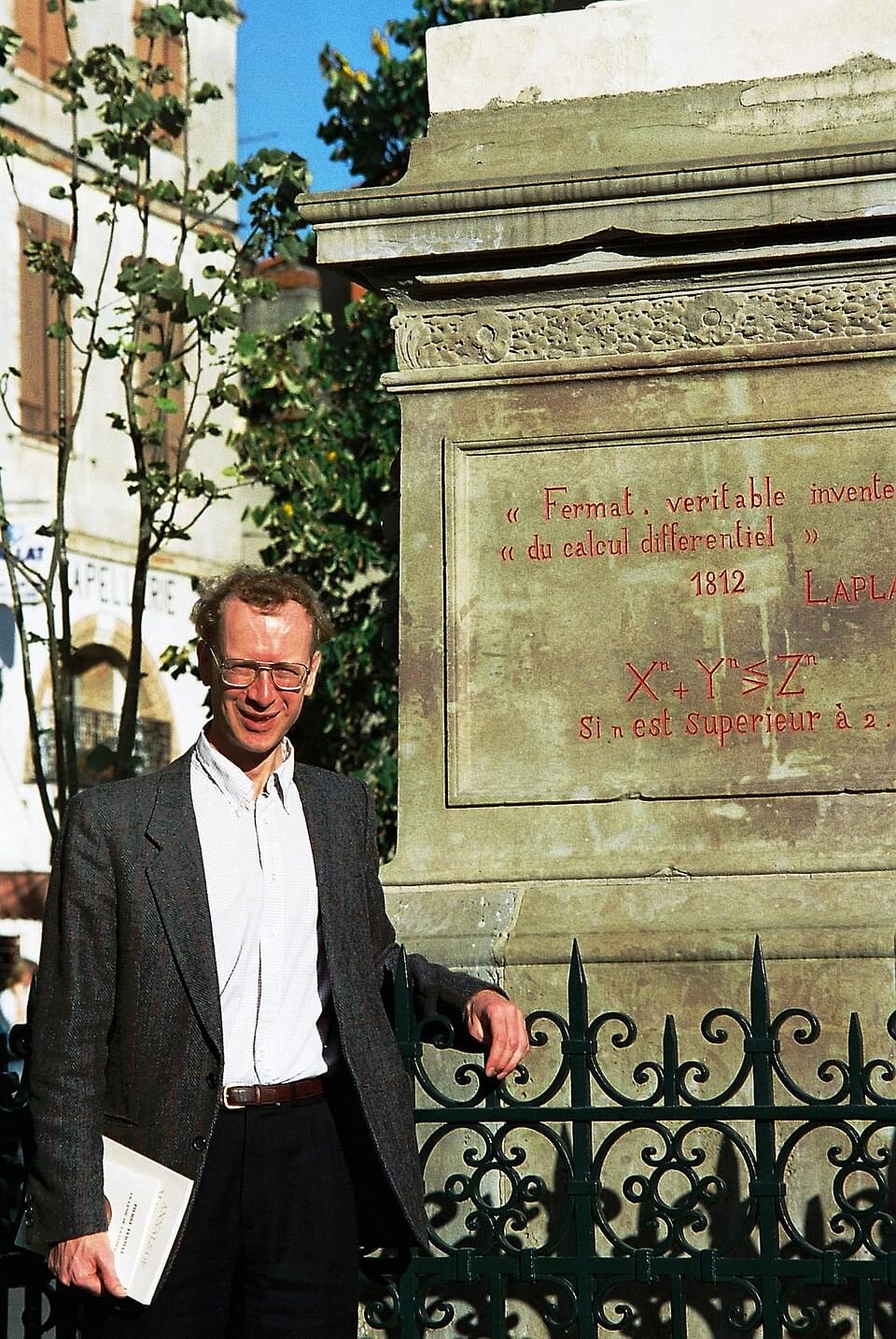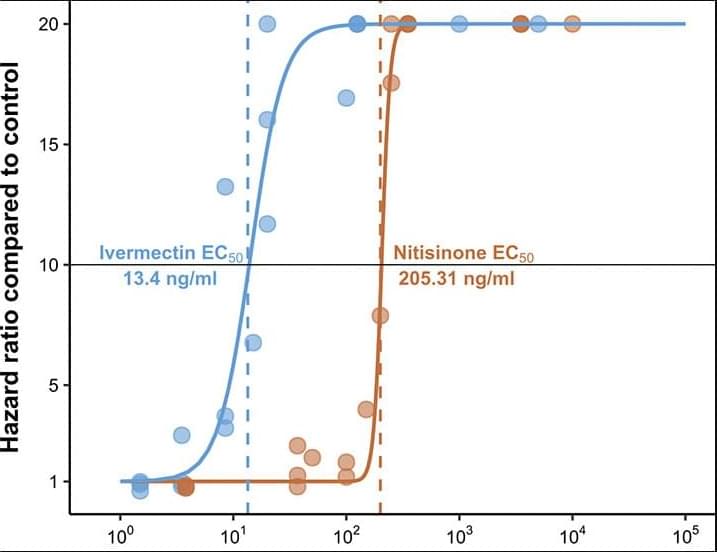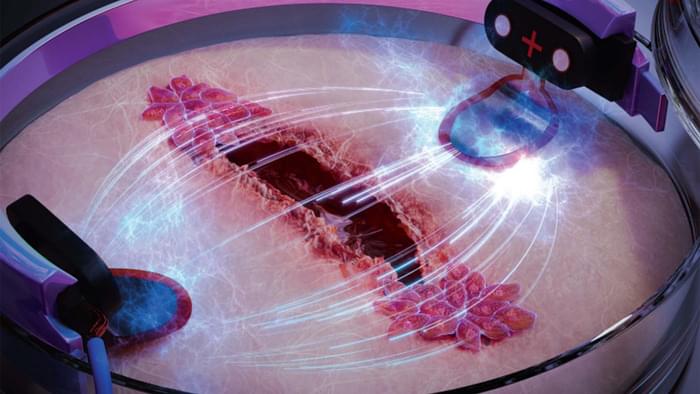Can we really trust AI to make better decisions than humans? A new study says … not always. Researchers have discovered that OpenAI’s ChatGPT, one of the most advanced and popular AI models, makes the same kinds of decision-making mistakes as humans in some situations—showing biases like overconfidence of hot-hand (gambler’s) fallacy—yet acting inhuman in others (e.g., not suffering from base-rate neglect or sunk cost fallacies).
Published in the Manufacturing & Service Operations Management journal, the study reveals that ChatGPT doesn’t just crunch numbers—it “thinks” in ways eerily similar to humans, including mental shortcuts and blind spots. These biases remain rather stable across different business situations but may change as AI evolves from one version to the next.
